
Planning a funeral can be challenging and emotional, but it’s an essential part of honouring a loved one’s life. In this guide, we will walk you through planning a funeral service, focusing on making arrangements with Swanborough Funerals. Understanding the steps involved in pre-planning for yourself or arranging a funeral for a loved one can help alleviate some of the stress during this challenging time.
Role of Funeral Directors

Funeral directors are pivotal in ensuring that funeral services proceed smoothly and according to the wishes of the deceased and their family. Their role encompasses various responsibilities, including logistical planning, emotional support, and coordination of multiple aspects of the funeral service.
First and foremost, funeral directors are there to provide compassionate support to grieving families. They understand that this is a challenging time and strive to alleviate some of the burdens associated with funeral planning. They offer guidance and assistance with important decisions, such as opting for burial or cremation, selecting an urn or casket, and deciding on the location and format of the service.
Logistically, funeral directors take care of numerous details to ensure the funeral service runs smoothly. They coordinate transportation for the deceased, prepare the body, and liaise with clergy or celebrants to organise the ceremony. They also handle paperwork, such as obtaining the necessary permits and death certificates, relieving families of these administrative tasks during a difficult time.
Additionally, funeral directors play a crucial role in personalising the funeral service. Funeral directors collaborate closely with families to include meaningful elements in the ceremony, such as the deceased’s favourite music, readings, or personal mementoes. This personalisation helps create a more meaningful and memorable tribute to the deceased, reflecting their unique personality and life.
Overall, funeral directors provide invaluable support and expertise to families during a challenging time. Their compassionate guidance and attention to detail ensure that the funeral service honours the deceased’s memory and comforts those grieving.
When a Death Occurs
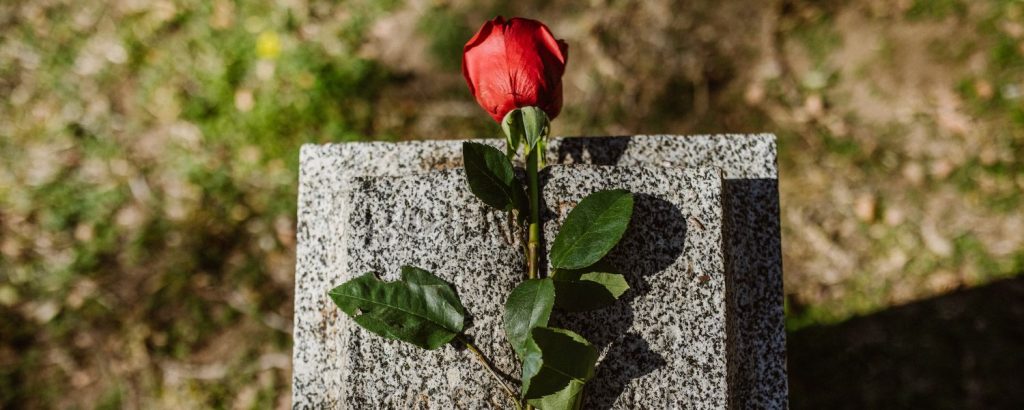
When a loved one passes away, it can be a deeply emotional and overwhelming time for family members. It’s essential to take care of practical matters, such as notifying the relevant authorities and medical professionals, before planning for a funeral can begin.
The initial step involves reaching out to a funeral director, who will help you organise all essential aspects. They will guide you through the process, helping you understand your options and making decisions that align with your wishes and budget. It’s essential to choose a funeral director who is experienced, compassionate, and able to support you during this difficult time.
Once you have chosen a funeral director, you will need to meet with them to discuss the details of the funeral service. This meeting is an opportunity to share information about your loved one, including their preferences for the service, any religious or cultural traditions to be observed, and any special requests they may have made. The funeral director will work together with you to create a personalised and sincere tribute that honours the life and legacy of your loved one.
In addition to planning for a funeral, you may also need to make arrangements to care for any dependents, pets, or property left behind by the deceased. It can be helpful to enlist the support of family and friends during this time and seek professional guidance if needed.
First Funeral Director Meeting

The first meeting with your funeral director is an essential step in planning. It’s an opportunity to discuss your wishes and preferences for the funeral service and learn about the options available to you. The funeral director will guide you through the array of decisions ahead, including choosing between burial or cremation in Australia, selecting a suitable casket or urn, and finalising the location and format of the service.
During this meeting, the funeral director will also inform you about the costs associated with the funeral service. They will collaborate with you to establish a budget that aligns with your requirements, ensuring that the funeral service is both meaningful and within your financial means.
During this meeting, it’s important to be open and honest with your funeral director. They are there to support you and help you create a service that reflects your loved one’s life and personality. By working together, you can ensure the funeral service is a fitting tribute to their memory.
Preparations You Can Make Ahead of Time
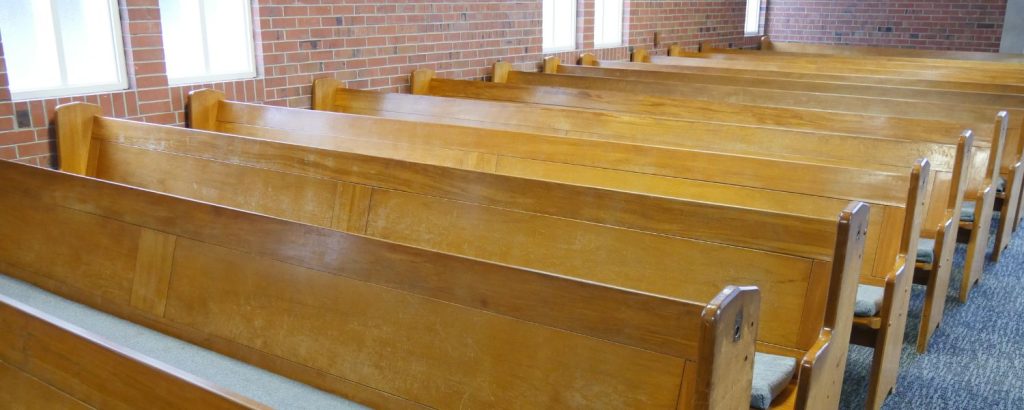
Although many people begin planning for a funeral shortly after a loved one’s passing, it is possible to reduce stress during this challenging time by preparing in advance. Consider pre-planning your funeral arrangements, including selecting funeral homes in Australia, specifying your preferences for the service, and documenting important information for your family members.
By taking these steps, you can ensure that your wishes are known and respected and ease the burden on your family during their grief. Additionally, pre-planning allows you to make informed decisions about your funeral arrangements and ensures that your wishes are carried out in accordance with your beliefs and values.
Funeral Personalisation
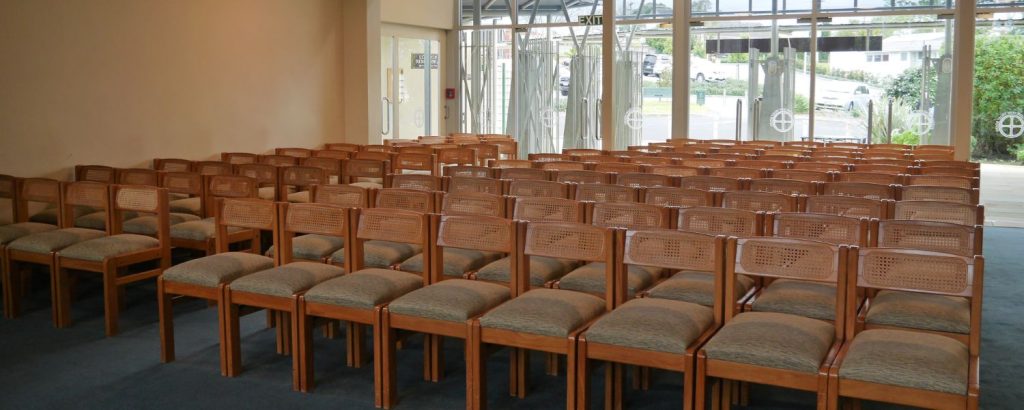
One of the most meaningful aspects of a funeral service is the opportunity to personalise it to reflect the life and personality of the deceased. Funeral personalisation allows family and friends to celebrate the unique qualities of their loved one and create a lasting tribute to their memory.
There are many ways to personalise a funeral service, from incorporating meaningful music, readings, and photographs to including personal mementoes and items significant to the deceased. You can also choose to hold the service at a location important to your loved one or include rituals or traditions that were meaningful to them.
Personalisation can help family and friends feel connected to their loved ones and provide comfort and closure during a difficult time. It enables them to commemorate their loved ones in a significant and distinctive manner, honouring their life and the influence they had on those in their circle.
After the Arrangement Meeting
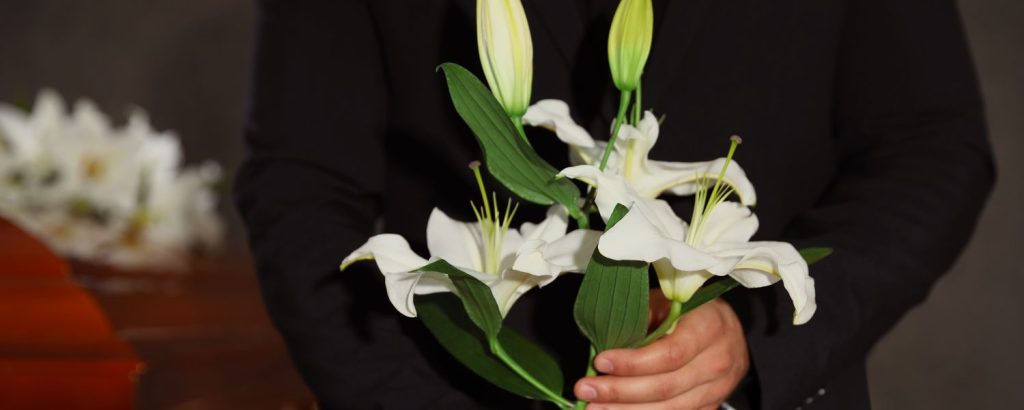
After the initial arrangement meeting with your funeral director, they will begin coordinating the various aspects of the funeral service according to your wishes. This may include scheduling the service, arranging transportation for the deceased, preparing the venue, and liaising with clergy or celebrants. Throughout this process, your funeral director will keep you informed and updated on the progress.
It’s essential to stay in communication with your funeral director during this time, as additional decisions or arrangements may need to be made. They are present to assist you and ensure that the funeral service honours the memory of your loved one appropriately.
In addition to planning for a funeral, you may also need to make arrangements to care for any dependents, pets, or property left behind by the deceased. It can be helpful to enlist the support of family and friends during this time and seek professional guidance if needed.
The Day of the Funeral
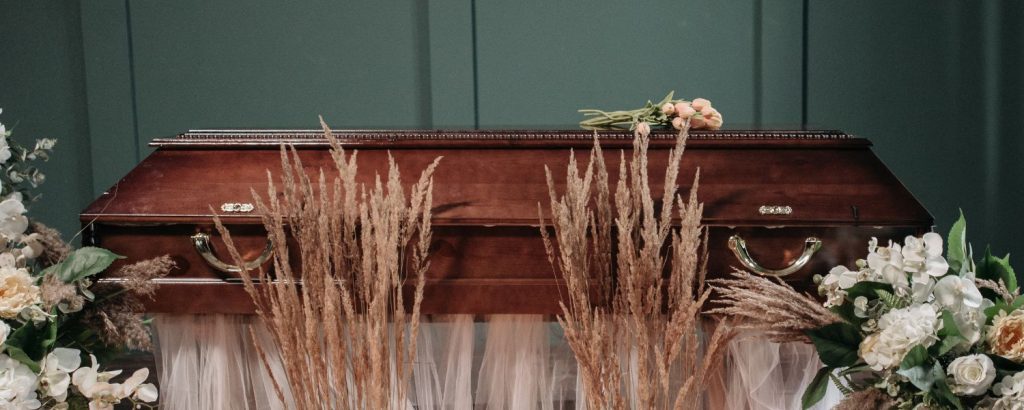
On the day of the funeral, your funeral director will ensure that everything runs smoothly according to plan. They will oversee the logistics of the service, coordinate with clergy or celebrants, and support you and your family. It’s natural to experience a range of emotions on this day, and your funeral director will be there to offer guidance and assistance as needed.
Taking care of yourself and leaning on your support network during this time is essential. Allow yourself to grieve and remember your loved one in your way. The funeral service is a time to honour their memory and celebrate their life, surrounded by those who loved them.
After the Funeral

After the funeral service has concluded, your funeral director will assist you with any remaining tasks, such as obtaining death certificates, arranging for the final disposition of the remains, and coordinating thank-you notes or acknowledgements. They will continue to support and guide you and your family as you navigate the grieving process.
Grieving is a personal and unique experience, and there is no right or wrong way to mourn the loss of a loved one. Taking care of yourself and seeking support from friends, family, or professional counsellors is essential. It’s important to remember that healing is a process that unfolds over time. It’s perfectly normal to seek support from others as you navigate this challenging period.
Final Thought
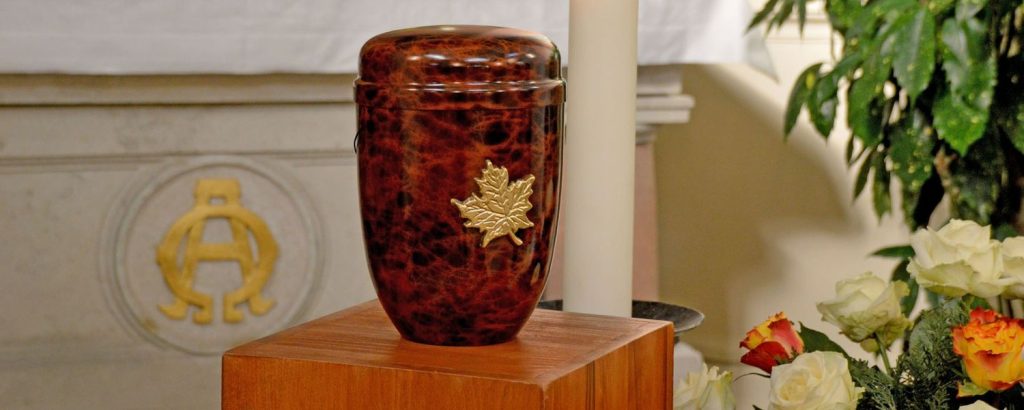
Planning a funeral can be emotionally and logistically challenging, but with the help of compassionate professionals like Swanborough Funerals, you can ensure that your loved one receives a dignified and personalised farewell. By planning for a funeral in advance and seeking support from experienced professionals, you can honour your loved one’s memory and find comfort in the midst of grief.
 "/>
"/>
